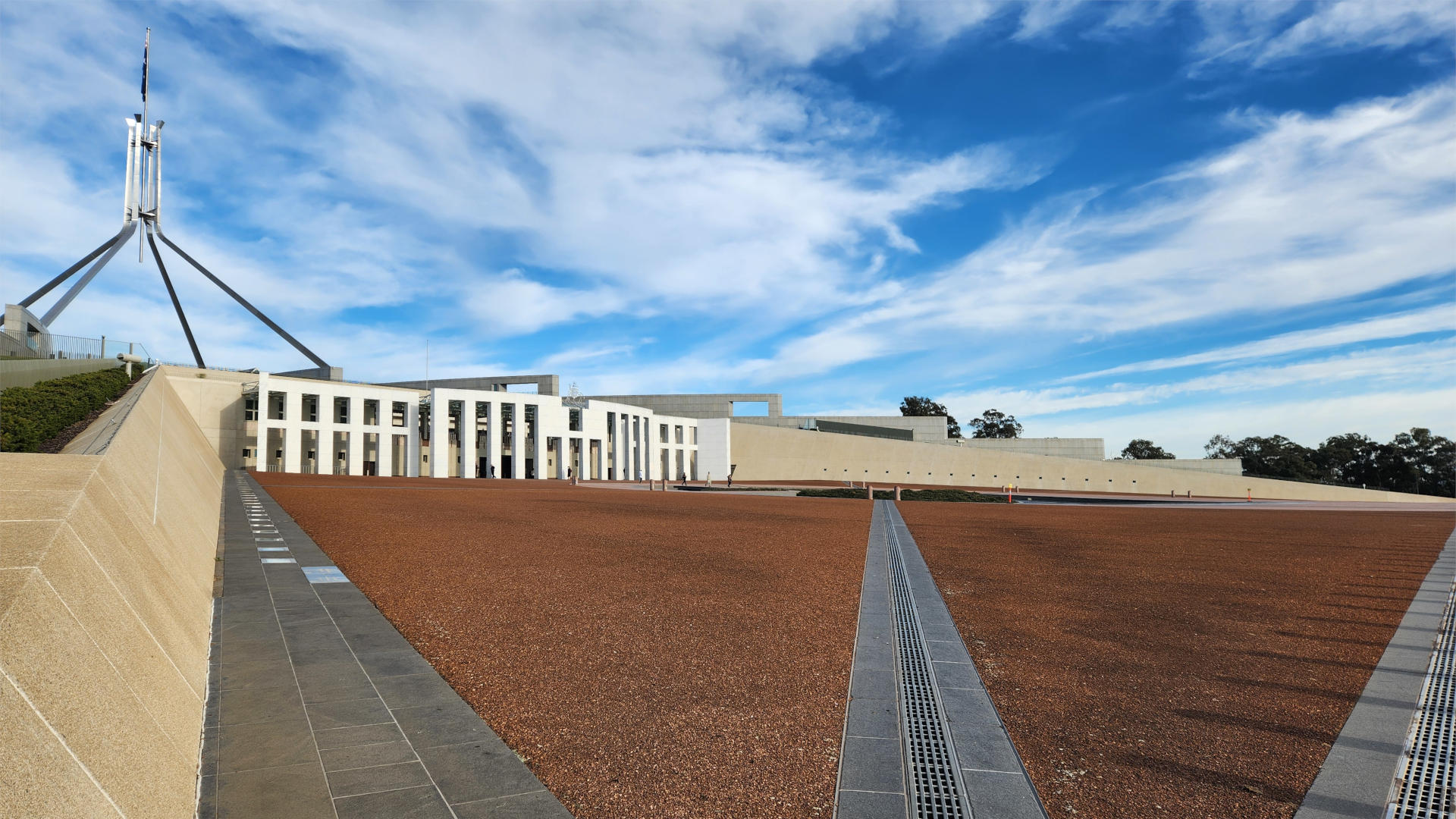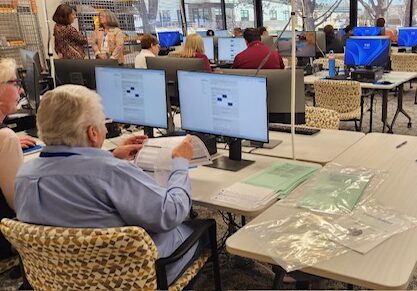Risk Limiting Audits
We built software for transparent risk-limiting audits that can provide publicly verifiable evidence of an accurate election result.
We have just completed working with the Colorado Elections Department to extend their open source Risk Limiting Audit software to Instant Runoff Voting (IRV).
Instant-Runoff Voting (IRV), known as preferential voting in Australia, allows voters to rank candidates in order of preference. It is the primary system used for elections in Australia, and has been adopted in some contests in some US states including Colorado, California and New York. Tallying follows an iterative elimination algorithm.
Risk Limiting Audits (RLAs) are a statistical tool deployed to validate election results by inspecting a random selection of votes. With the introduction of a 2017 law in Colorado, every significant election now undergoes an RLA to ensure the integrity of the voting process. Colorado Department of State (CDOS) is among the few electoral authorities globally that own and administer their open-source risk-limiting auditing system, emphasising the high standard of integrity, transparency, and public accountability required for this project.
Our two-year project included educating CDOS staff on IRV auditing, integrating IRV audit functions into the existing software, developing intuitive interfaces, conducting thorough software testing pre-deployment, and providing ongoing support.
The Democracy Developers team included: Dr Michelle Blom (Risk-Limiting Audits for IRV Elections Lead Researcher), algorithms expert Dr Andrew Conway and company Chairperson and Technical Lead A/Prof Vanessa Teague.
All of our materials are openly available at https://github.com/DemocracyDevelopers including
- educational materials with detailed guides to the underlying algorithms,
- an online assertion explainer for understanding and validating the assertions that the system produces,
- all the source code for the IRV audit strategy generator, the IRV audit service and the IRV-enhanced colorado RLA software.
This software will be deployed in Colorado audits from November 2025. We are proud to have helped Colorado extend their open and trustworthy audit processes to preferential elections.
This underscores our commitment to fostering robust democratic processes that earn public trust through transparency.


